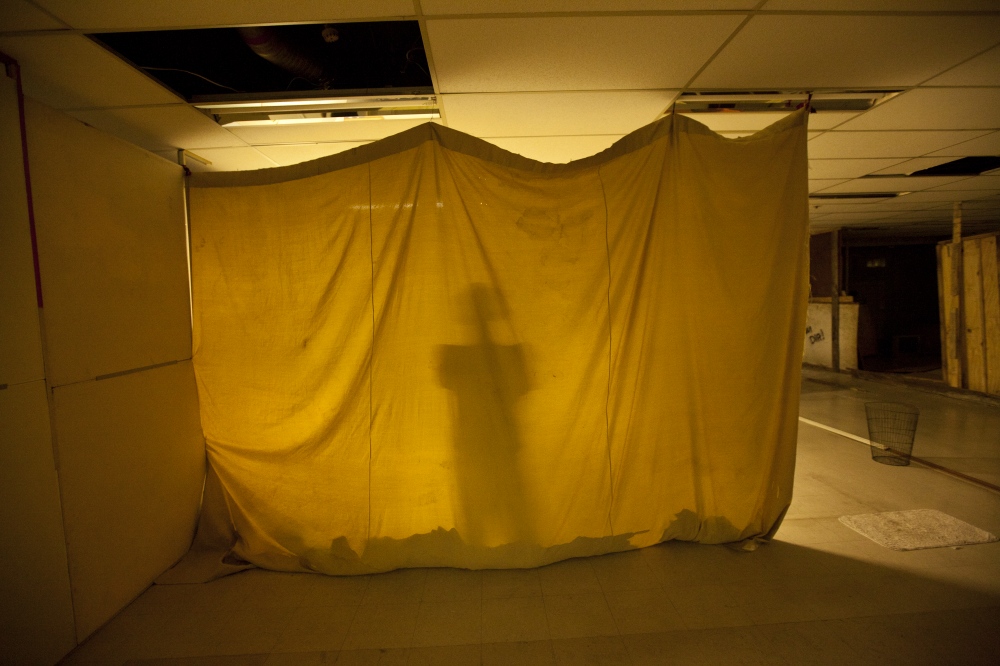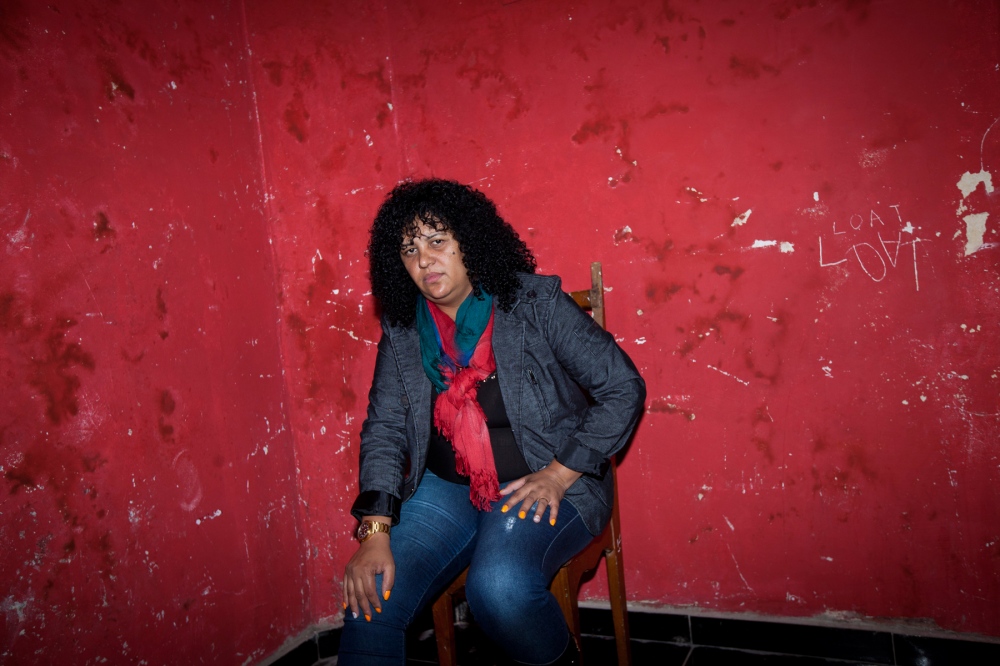Public Project
territórios da resistência
A questão habitacional grave e histórica no Brasil ganha sua forma contemporânea no embate dos movimentos sociais com a cidade.
Milhares de família ocupam imóveis e terrenos abandonados como forma de protesto e ativismo chamando a atenção para a questão, normalmente relegada a um problema das periferias e longe dos olhos da mídia e do debate público.
Neste projeto busco conhecer a vida das pessoas nesses lugares que são espaços de luta política, às vezes violenta, de uma sociedade marcada pela desigualdade social.
“A luta continua”
Este projeto foi publicado no jornal Folha de São Paulo, no portal Habitat, Tresspass journal e participou de exposição no Centro de Estudos Brasileiros da Universidade de Salamanca (Esp).
Territories in Resistance
This is an ongoing project about social movements fighting for decent housing in Sao Paulo, Brazil. The squatters occupy vacant buildings downtown and empty lands on the outskirts of the city.
I started the project in 2014 interested to take a closer look at the people who integrates the movement. Many lived in favelas, some paid expensive rents in poor houses and others yet lived with relatives.
The occupations put in conflict two basic juridical principles: the right to adequate housing versus the right of ownership, and in general are resolved over years of legal disputes.
Although Brazil is among the ten largest economies in the world, it remains a very unequal country. This inequality is expressed in a housing deficit of around 6 million units, despite all the efforts of the federal government in social programs.
The issue came back to the discussion because the fall of Dilma Roussef's Government has put at risk many of those social achievements in Brazil.
The leaders promise to intensify the struggle.
This project was published in Folha de Sao Paulo newspaper, Habitat project, Tresspass journal and exhibited in the Center of Brazilian Studies, Universidad de Salamanca (Spain).
This is an ongoing project about social movements fighting for decent housing in Sao Paulo, Brazil. The squatters occupy vacant buildings downtown and empty lands on the outskirts of the city.
I started the project in 2014 interested to take a closer look at the people who integrates the movement. Many lived in favelas, some paid expensive rents in poor houses and others yet lived with relatives.
The occupations put in conflict two basic juridical principles: the right to adequate housing versus the right of ownership, and in general are resolved over years of legal disputes.
Although Brazil is among the ten largest economies in the world, it remains a very unequal country. This inequality is expressed in a housing deficit of around 6 million units, despite all the efforts of the federal government in social programs.
The issue came back to the discussion because the fall of Dilma Roussef's Government has put at risk many of those social achievements in Brazil.
The leaders promise to intensify the struggle.
This project was published in Folha de Sao Paulo newspaper, Habitat project, Tresspass journal and exhibited in the Center of Brazilian Studies, Universidad de Salamanca (Spain).
27,866























